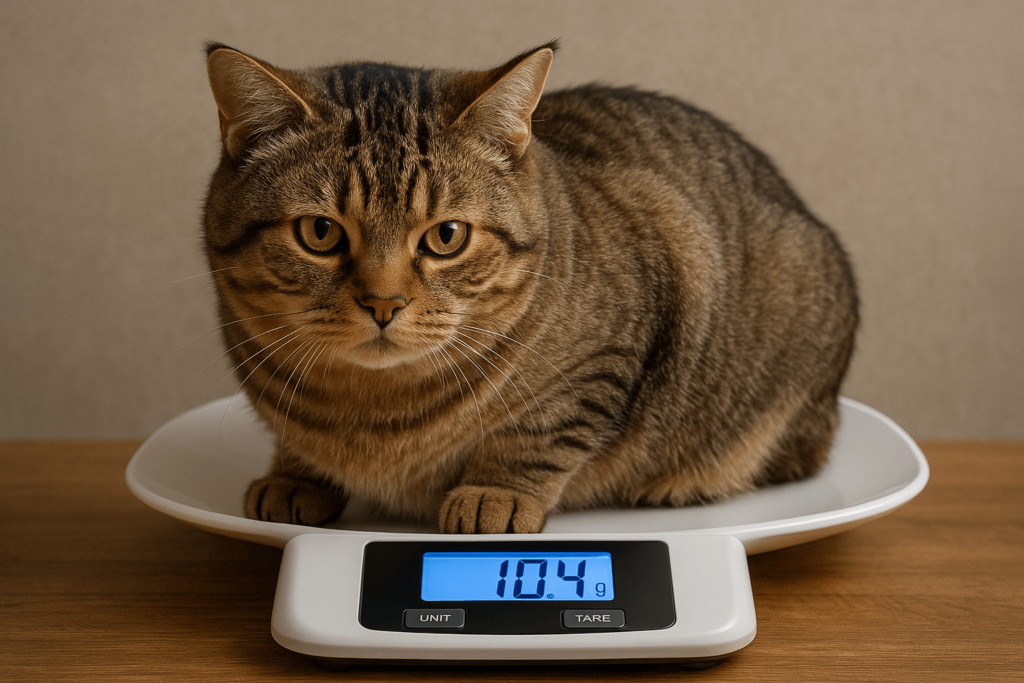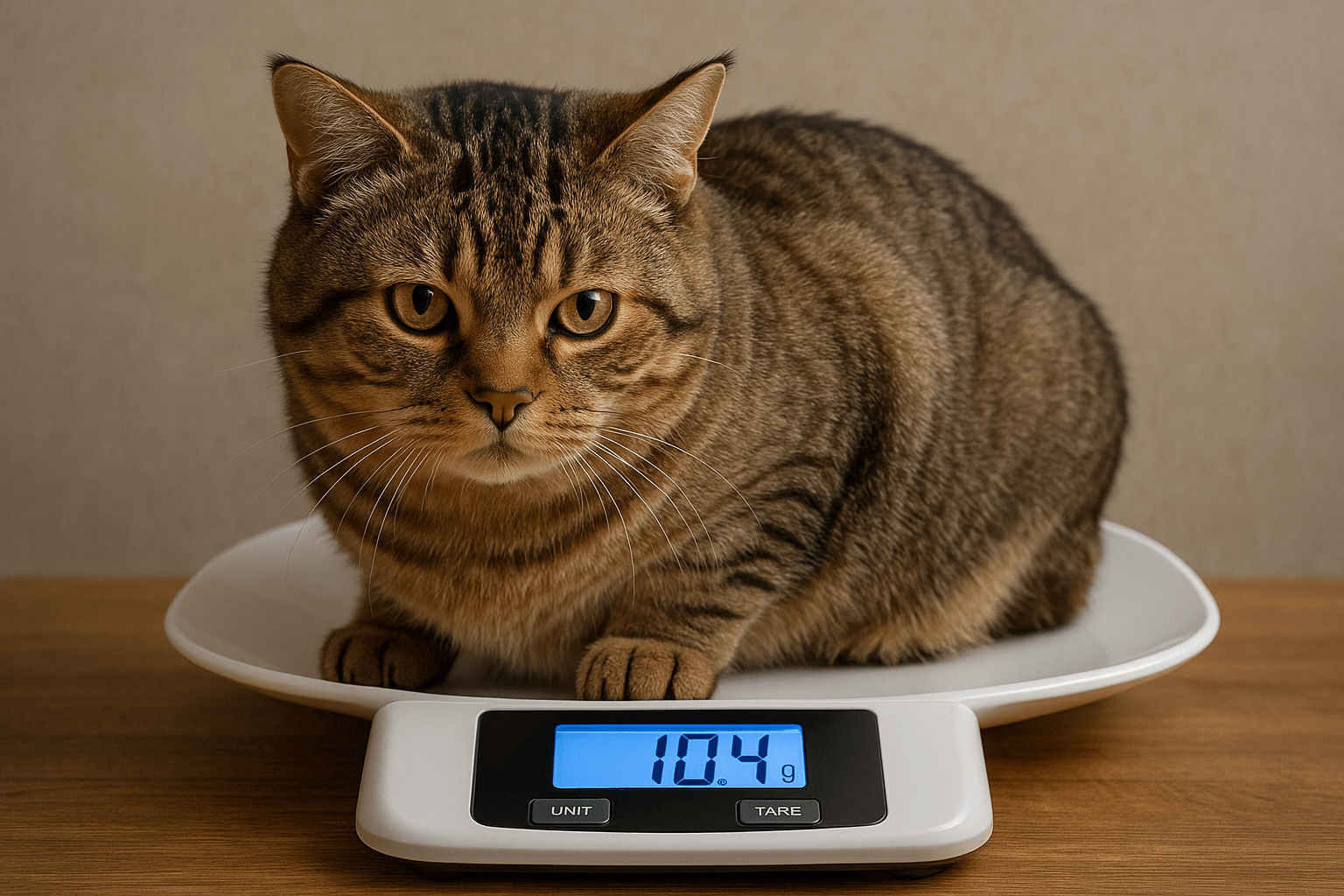Understanding Manx Cat Weight: A Guide to Health and Care
The Manx cat, renowned for its unique tailless appearance and robust build, is a breed that captures attention with its striking features and charming personality. One important aspect of caring for a Manx cat is understanding their weight range and how it impacts their overall health. Maintaining an appropriate weight is crucial for preventing obesity-related issues while ensuring your feline friend remains active and happy. Whether you’re a new or experienced Manx owner, learning about their ideal weight and how to manage it will help you provide the best possible care. Let’s explore everything you need to know about Manx cat weight and how to keep your pet in top condition.
Factors That Influence Manx Cat Weight
Several factors contribute to the weight of a Manx cat, including genetics, age, diet, and activity level. Understanding these influences can help you better monitor and manage your cat’s health.
Genetics and Breed Standards:
Manx cats are naturally stocky and muscular, which contributes to their heavier-than-average weight compared to other breeds.Age and Life Stage:
Kittens weigh significantly less than adult Manx cats, while senior cats may experience weight fluctuations due to slower metabolism.Diet and Nutrition:
The type and amount of food provided directly affect a Manx cat’s weight. High-calorie diets can lead to unhealthy weight gain if not balanced with exercise.Activity Level:
Manx cats are playful and energetic, but indoor cats may become sedentary without proper stimulation, leading to weight gain.Health Conditions:
Certain medical conditions, such as hypothyroidism or arthritis, can impact a Manx cat’s weight by altering their metabolism or mobility.
By considering these factors, you can take proactive steps to ensure your Manx cat maintains a healthy weight throughout their life.

Ideal Weight Range for Manx Cats
Knowing the ideal weight range for your Manx cat is essential for monitoring their health and preventing obesity or underweight issues.
Male Manx Cats:
Adult male Manx cats typically weigh between 10 to 12 pounds (4.5 to 5.5 kg), reflecting their muscular build.Female Manx Cats:
Female Manx cats are slightly smaller, usually weighing between 8 to 10 pounds (3.6 to 4.5 kg).Tail Variations and Weight Differences:
Rumpy Manx cats (completely tailless) may weigh slightly more due to their compact body structure compared to those with partial tails.Kitten Growth Patterns:
Manx kittens grow steadily over their first year, reaching their full adult weight by around 12 months of age.Signs of Healthy Weight:
A healthy Manx cat should have a well-proportioned body with no visible ribs but a slight waist when viewed from above.
Understanding these weight guidelines ensures you can identify when your Manx cat is thriving or needs adjustments to their care routine.
Check this guide 👉Manx Cat Size: Best 7 Expert Tips!
Check this guide 👉Manx Cat Price: Best 7 Expert Tips!
Check this guide 👉Manx Syndrome in Cats: Best 7 Expert Tips!
Healthy Weight Indicators | Unhealthy Weight Signs |
|---|---|
Rounded but firm body shape | Visible ribs or spine protruding |
Slight waistline when viewed from above | Sagging belly or excessive fat deposits |
Active and playful behavior | Lethargy or reluctance to move |
Shiny coat and clear eyes | Dull coat or persistent health issues |
Regular appetite and digestion | Overeating or loss of appetite |
Tips for Managing Your Manx Cat’s Weight
Maintaining a healthy weight for your Manx cat requires a combination of proper diet, exercise, and regular veterinary check-ups. Follow these tips to keep your feline companion in great shape.
Provide Balanced Nutrition:
Choose high-quality cat food that meets your Manx cat’s nutritional needs, avoiding excessive treats or calorie-dense snacks.Monitor Portion Sizes:
Measure your cat’s food portions carefully to prevent overfeeding, especially for indoor cats prone to weight gain.Encourage Daily Exercise:
Engage your Manx cat in interactive play sessions using toys like feather wands or laser pointers to keep them active.Schedule Routine Vet Visits:
Regular check-ups allow your vet to monitor your cat’s weight and address any potential health concerns early.Create a Stimulating Environment:
Provide climbing structures, scratching posts, and puzzle feeders to encourage physical and mental activity.
By implementing these strategies, you can help your Manx cat achieve and maintain a healthy weight for a long and happy life.
Common Mistakes to Avoid When Monitoring Weight
When managing your Manx cat’s weight, certain mistakes can hinder progress or even harm their health. Being aware of these pitfalls ensures you stay on track.
Overestimating Activity Levels:
Assuming your cat gets enough exercise without providing opportunities for movement can lead to weight gain.Ignoring Gradual Weight Changes:
Small increases in weight may go unnoticed until they become significant, so track changes regularly.Feeding Too Many Treats:
While treats are a great way to bond, excessive snacking adds unnecessary calories to your cat’s diet.Skipping Veterinary Guidance:
Attempting to manage weight issues without professional advice can result in improper care or missed diagnoses.Focusing Only on Numbers:
Weight alone isn’t always an indicator of health; consider overall body condition and energy levels too.
Avoiding these common errors helps ensure your Manx cat stays fit and healthy throughout their life.
Benefits of Maintaining a Healthy Weight
Keeping your Manx cat at a healthy weight offers numerous benefits that extend beyond just physical appearance. Here’s why it matters so much:
Improved Mobility:
A healthy weight reduces strain on joints, allowing your Manx cat to jump, climb, and play comfortably.Enhanced Longevity:
Proper weight management lowers the risk of chronic diseases, potentially extending your cat’s lifespan.Better Digestive Health:
Balanced nutrition supports optimal digestion, reducing the likelihood of gastrointestinal issues.Increased Energy Levels:
Cats at a healthy weight tend to be more active and engaged with their surroundings.Reduced Veterinary Costs:
Preventing obesity-related illnesses minimizes the need for costly treatments or surgeries.
By prioritizing weight management, you’re investing in your Manx cat’s overall happiness and quality of life.
Activities to Keep Your Manx Cat Fit
Engaging your Manx cat in regular activities is key to keeping them physically fit and mentally stimulated. These ideas can make exercise fun for both you and your pet.
Interactive Toys:
Use wand toys or feather teasers to encourage chasing and pouncing behaviors.Puzzle Feeders:
Incorporate feeding puzzles to make mealtime more engaging and rewarding.Climbing Structures:
Install cat trees or shelves to promote jumping and exploration.Scheduled Play Sessions:
Dedicate 15-20 minutes twice daily to structured playtime with your cat.Window Perches:
Place perches near windows to stimulate curiosity and encourage movement.
These activities not only burn calories but also strengthen the bond between you and your Manx cat.
Signs Your Manx Cat Needs a Diet Adjustment
If you notice any of these signs, it might be time to reevaluate your Manx cat’s diet or exercise routine to support their weight goals.
Excessive Hunger Despite Eating Regularly:
This could indicate a nutrient imbalance or insufficient caloric intake.Sudden Weight Loss or Gain:
Unexplained changes in weight warrant a visit to the vet to rule out underlying health issues.Lack of Interest in Play:
If your normally energetic cat becomes lethargic, it may signal poor nutrition or excess weight.Difficulty Jumping or Climbing:
Struggling to reach higher surfaces can point to joint stress caused by excess weight.Changes in Coat Condition:
A dull or greasy coat may reflect dietary deficiencies affecting overall health.
Addressing these signs promptly ensures your Manx cat receives the care they need to thrive.
Frequently Asked Questions About Manx Cat Weight
What is a healthy weight for a Manx kitten?
Manx kittens typically weigh between 2 to 4 pounds (0.9 to 1.8 kg) during their first few months of life.
How can I tell if my Manx cat is overweight?
Look for a lack of waistline, difficulty grooming, or reduced activity levels as potential signs of excess weight.
Can neutering/spaying affect my Manx cat’s weight?
Yes, spaying or neutering can slow metabolism, requiring adjustments to diet and exercise routines.
Are there specific foods recommended for Manx cats?
High-protein, low-carbohydrate diets are ideal for maintaining muscle mass and supporting overall health.
How often should I weigh my Manx cat?
Weigh your cat every 1-2 months or as advised by your veterinarian to monitor changes effectively.
Prioritizing Your Manx Cat’s Health Through Proper Weight Management
Maintaining a healthy weight is one of the most important aspects of caring for your Manx cat. By understanding their natural tendencies, monitoring their weight, and providing a balanced lifestyle, you can ensure they live a long, happy, and active life. Remember, small changes in diet, exercise, and routine can make a big difference in your cat’s well-being. With love, attention, and consistent care, your Manx cat will thrive as the unique and wonderful companion they are meant to be.
Canned Pumpkin for Cat Diarrhea: Best 7 Expert Tips! Natural remedy to firm stools, soothe upset bellies, and support gut health safely.
Can a Cat Give You Scabies? Best 7 Expert Tips! Discover the truth about feline mites, human skin risks, and how to protect yourself—without panic.
Cat Flea vs Human Flea: Best 7 Expert Tips! Discover the truth about bites, species, and how to eliminate infestations for good.
Weird Cat Behaviors: Best 7 Expert Tips! Discover why cats do strange things—and how to understand, not punish, their instincts for a happier home.





